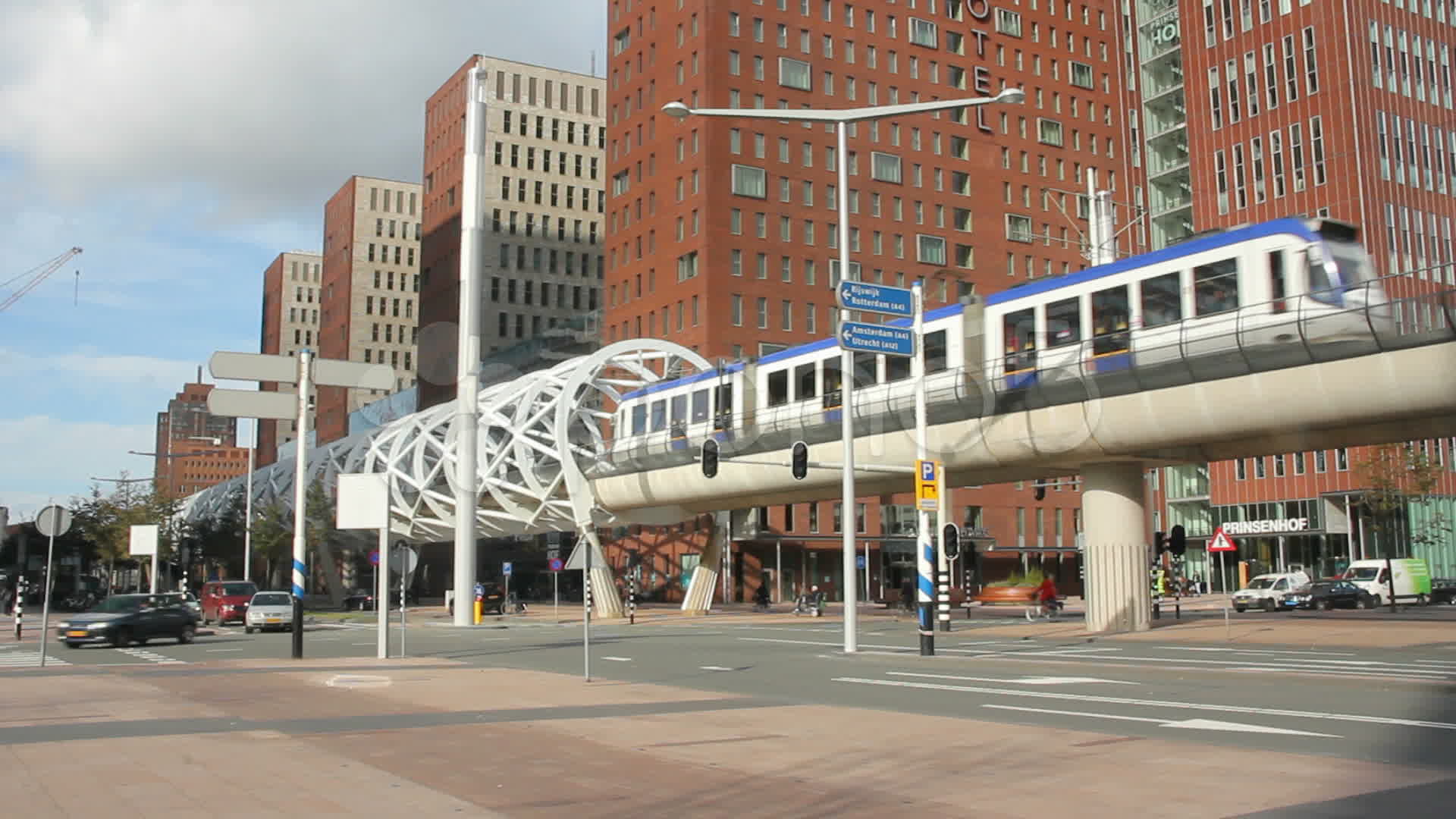PHE, I&FC re-named as Jal Shakti Deptt
Excelsior Correspondent
JAMMU, Feb 6: The Administrative Council (AC) which met under the chairmanship of Lieutenant Governor, G C Murmu has approved the proposal of the Housing and Urban Development Department to set up Elevated Light Rail System in both the capital cities of Jammu and Srinagar.
For inclusive and environmentally sustainable growth process, an efficient urban transport system including Mass Rapid Transportation System (MRTS) is essential. Keeping this objective in view, Elevated Light Rail Systems have been conceived for Srinagar and Jammu cities to provide “best-in-class” mobility in terms of safe, reliable, convenient, cost effective and sustainable public transport system. This will not only facilitate easy and quick movement of people but also have a positive impact on the economy and quality of life in these cities.
The Light Rail Transit System (LRTS) in Jammu will have one corridor from Bantalab to Bari Brahmana with a total length of 23 kilometers. The LRTS in Srinagar will have two corridors, one from Indira Nagar to HMT Junction and second from Usmanabad to Hazuri Bagh, with a total length of 25 kilometers. The capital cost of the project, at current prices, including land, R&R and taxes is estimated to be Rs 4825 crore for Jammu LRTS and Rs 5734 crore for Srinagar LRTS.
The Housing and Urban Development Department has prepared the final DPRs. The Administrative Council authorized the Housing and Urban Development Department to submit the DPRs of the proposals to Government of India, for appraisal and funding including external funding. The project has a completion time of four years and is expected to be completed by December, 2024. The expected ridership of this light rail has been estimated to be 2-2.6 lakh by 2024 which is likely to increase up to 5.42 lakh by 2044 in each city.
The Housing & Urban Development Department will notify the State/Government lands within 500 meters on either side of the corridor and reserve the same for development purposes.
The Administrative Council has also approved in principle the engagement of DMRC for handholding the MRTCs for appraisal and approval of the DPRs by Government of India and for any possible external funding.
Meanwhile, the Administrative Council has also accorded sanction to the implementation of Jal Jeevan Mission (JJM) and roadmap to achieve 100 percent coverage of piped water supply by December 2021 across Jammu & Kashmir aligning it to the National Mission of Jal Jeevan.
The objective of the mission is to provide Functional Household Tap Connections (FHTC) to every rural household with priority to desert/drought prone and border areas, schools, anganwadi and health centres etc. Under the mission, sustainability of water supply system shall be ensured besides empowerment and development of human resource in the sector so as to meet the demands of construction, plumbing, water quality management etc.
Under the National Jal Jeevan Mission, every rural household of the country will be connected with piped water supply by 2024 with an aim ‘Har Ghar Nal Se Jal’. At present, 30.5% of J&K’s rural households have piped water connections compared to the national average of 18%. Special focus will be laid under the mission to provide FHTC to remaining 11.12 lakh rural households out of 16.02 lakh in J&K as per Integrated Management of Information System (IMIS) data of JJM.
In order to accomplish the roadmap and align the activities of the department with the National Mission of Jal Jeevan, the Administrative Council accorded sanction to renaming of PHE & I&FC Department as ‘Jal Shakti Department’ and setting up of a Mission Directorate of Jal Jeevan Mission, J&K by merging Communication and Capacity Development Unit (CCDU) to look after JJM works and an Executive Committee of JJM for its assistance with creation of necessary staff. There will be an Apex Committee headed by the Chief Secretary and an Executive Committee headed by Administrative Secretary PHE and I&FC. Similarly, at the District level, there will be District Jal Jeevan Missions.
Administrative Council also approved appointment of Financial Auditors at provincial level to undertake audit of the expenditure under JJM; hiring of Consultants for the Project Appraisal Committees; and, appointment of Third Party Technical Monitors. Special cells will be set up by the Revenue and Forest Departments for speedy clearance of land/ forest cases related to Jal Jeevan Mission across J&K.
To achieve 100 percent coverage under JJM in a phased manner by December 2021, the PHE Department has carried out a detailed exercise to prepare District Water Security Plan through the District Water and Sanitation Mission headed by the concerned Deputy Commissioners. In the initial phase, seven districts viz. Poonch, Reasi, Samba, Srinagar, Ganderbal, Shopian and Pulwama will be covered for 100% piped water supply by June 2020. In the second phase, seven more districts will be covered by June 2021 and the remaining six districts shall be covered in the third phase ending December 2021.


